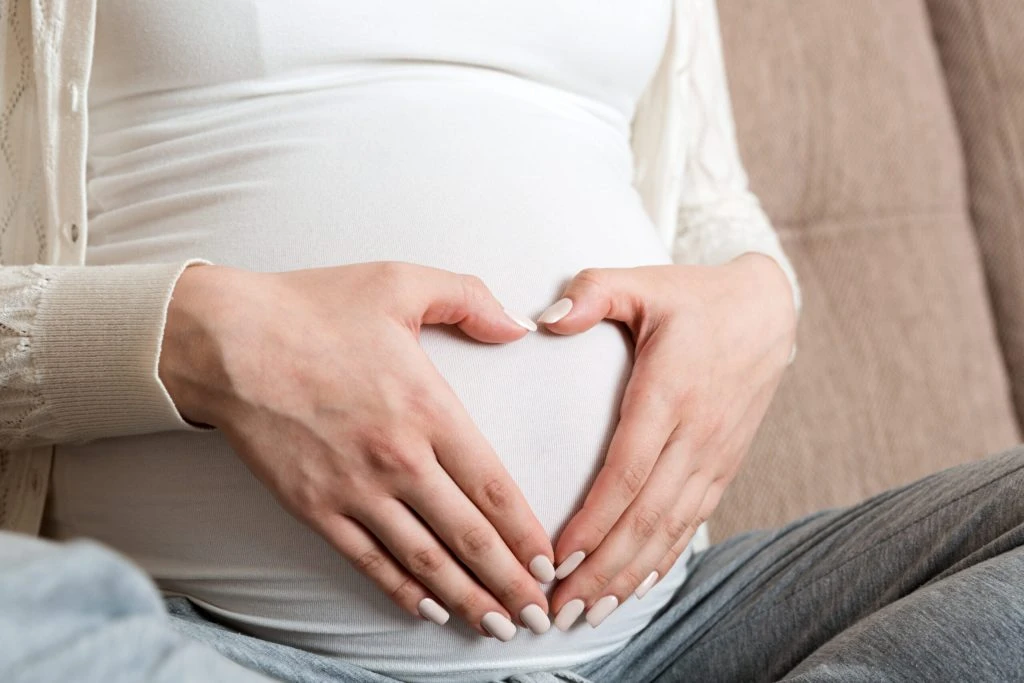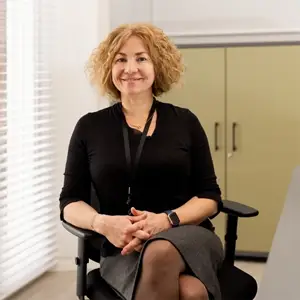The question of when to seek help from a fertility specialist weighs heavily on many couples’ minds, often accompanied by a mixture of hope, anxiety, and uncertainty about timing. While the journey to parenthood unfolds differently for everyone, there are clear indicators that suggest it might be time to move beyond “trying naturally” and consult with an expert who can offer guidance, testing, and potential treatments.
Understanding the Basic Timeline
For couples under 35 with no known health issues, fertility specialists typically recommend trying to conceive for at least 12 months before seeking professional help. This timeframe reflects the reality that even perfectly healthy couples have only about a 20% chance of conceiving in any given month – and that’s assuming everything aligns perfectly with timing and ovulation.
But here’s where it gets more nuanced (and honestly, more complicated). If you’re 35 or older, most specialists suggest shortening that waiting period to six months. The biological clock isn’t just a metaphor; egg quality and quantity naturally decline with age, particularly after 35, making earlier intervention potentially more effective.
Red Flags That Warrant Earlier Consultation
Some situations call for immediate or accelerated specialist consultation, regardless of how long you’ve been trying. Irregular or absent periods often signal underlying hormonal issues that could affect fertility – these aren’t something to “wait and see” about.
And for those experiencing fertility concerns after miscarriage, consulting immediately with a specialist is highly recommended.
Men aren’t exempt from this equation either. A history of testicular injury, surgery, or infection can impact fertility, as can certain medications or exposure to environmental toxins. We often focus so heavily on female fertility that male factors get overlooked, despite contributing to roughly 40% of fertility challenges.
Previous pelvic infections, endometriosis, or sexually transmitted infections can create scarring or blockages that interfere with conception. If you have a history of any of these conditions, don’t feel obligated to wait the full 12 months before consulting a specialist.
Age-Related Considerations
The relationship between age and fertility creates some of the most challenging decisions couples face. While 35 has traditionally been considered the threshold for accelerated fertility care, we’re seeing more nuanced approaches that consider individual circumstances.
Women in their late 20s or early 30s with concerning symptoms shouldn’t feel pressured to “use up” their entire year of trying before seeking help. Conversely, some healthy women over 35 might reasonably try for slightly longer if they prefer, though this should ideally be a decision made in consultation with a healthcare provider.
The male age factor often gets less attention, but men’s fertility also declines with age, particularly sperm quality and motility. While the decline is more gradual than what women experience, it’s still a relevant consideration for couples where the male partner is over 40.
Medical History Matters

Your medical history – both individual and family – plays a significant role in determining when specialist consultation makes sense. A family history of early menopause, genetic disorders, or reproductive cancers might warrant earlier evaluation. Similarly, if you or your partner have diabetes, thyroid disorders, or take medications that could affect fertility, these factors should influence your timeline.
Previous surgeries, particularly those involving reproductive organs, abdominal procedures, or treatments for cancer, can impact fertility in ways that might not be immediately obvious. Even seemingly unrelated conditions like celiac disease or autoimmune disorders can affect reproductive health.
The Emotional Factor
Let’s acknowledge something that medical guidelines don’t always address adequately: the emotional toll of trying to conceive can be significant, and this psychological impact is a valid reason for seeking support sooner rather than later. If the stress of trying to conceive is affecting your relationship, mental health, or overall quality of life, there’s no harm in consulting a specialist for reassurance, testing, or simply to understand your options.
Many fertility clinics offer counseling services alongside medical treatments, recognizing that reproductive health encompasses both physical and emotional wellbeing. Sometimes just having a plan or understanding what’s happening in your body can reduce anxiety substantially.
What to Expect During Your First Visit
When you do decide to see a fertility specialist, they’ll typically conduct a comprehensive review of both partners’ medical and reproductive histories. Initial testing often includes hormone level assessments, ovulation tracking, and possibly imaging studies to examine reproductive anatomy.
For those who become pregnant after fertility treatment or during the early stages of evaluation, early reassurance and growth checks can provide valuable peace of mind during those crucial first weeks. These monitoring appointments help ensure that pregnancies progress normally and can catch potential issues early.
Specialists – like us at GG Healthcare – will also discuss lifestyle factors that could impact fertility – everything from diet and exercise to stress management and environmental exposures. Sometimes simple modifications can make a significant difference, while other situations require more intensive intervention.
Making the Decision That’s Right for You
Ultimately, the decision about when to see a fertility specialist should balance medical guidelines with your personal circumstances, comfort level, and peace of mind. There’s no “wrong” time to seek information and support – fertility specialists are there to help you understand your options, not to pressure you into treatments you’re not ready for.
If you’re questioning whether it’s “too early” to consult a specialist, consider that knowledge is power in fertility planning. Understanding your baseline fertility status can inform decisions about timing, lifestyle modifications, and future family planning, regardless of whether you need treatment right now.
Remember that seeking specialist consultation doesn’t commit you to any particular course of treatment – it simply gives you more information to make informed decisions about your reproductive future.








